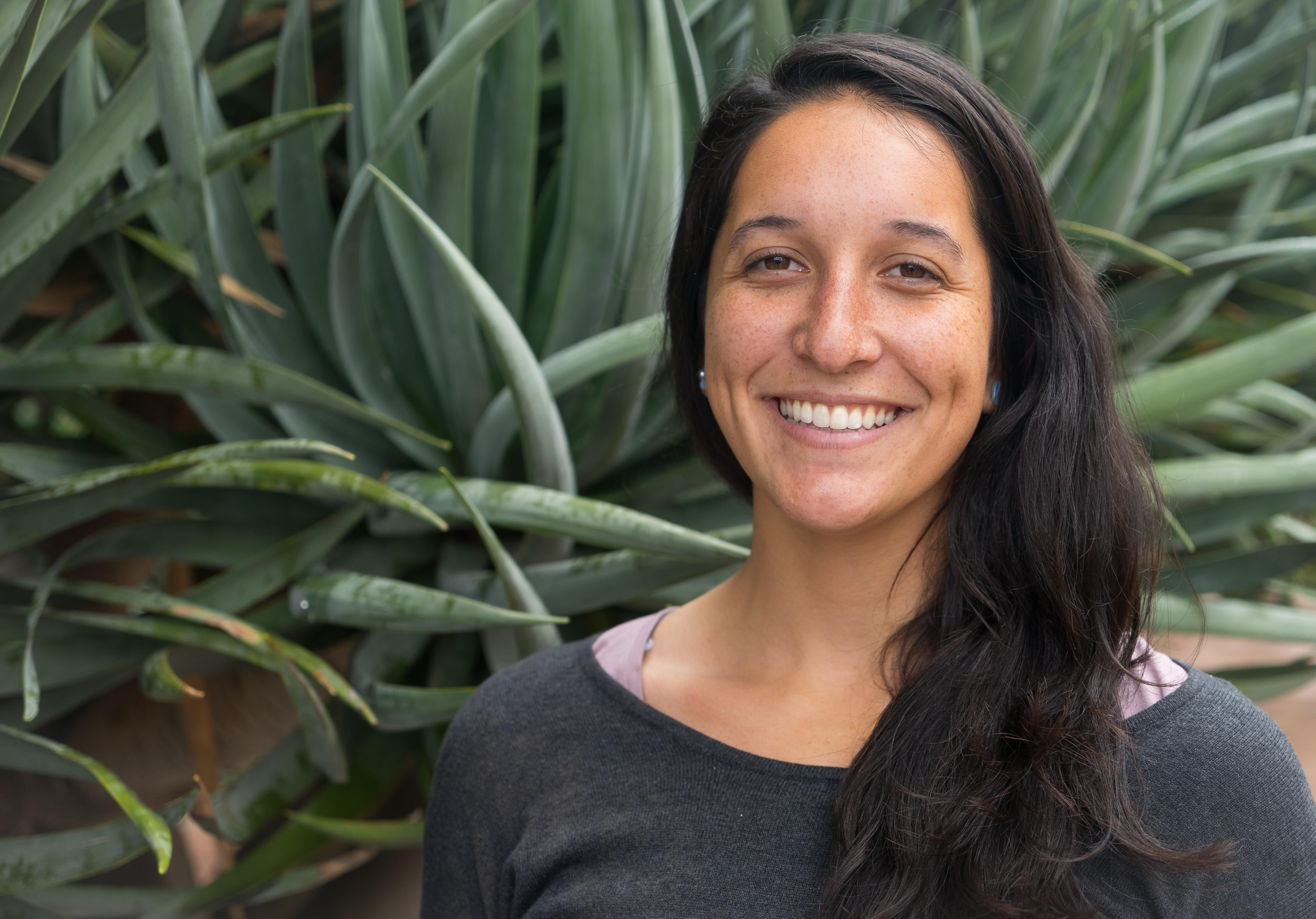Beyond the Drought: Modeling eco-hydrologic dynamics between urban tree resilience and water conservation in a Mediterranean climate

PHD DISSERTATION DEFENSE
Advisor: Naomi Tague
Committee: Samantha Stevenson, Joe McFadden
ABSTRACT
Trees in cities can make communities more resilient to climate change by providing ecosystem services for heat mitigation and stormwater regulation. In Mediterranean climates with dry summers, urban forests and green spaces are often sustained by the addition of irrigation to the urban water cycle. Because climate change is predicted to cause a higher frequency of drought and heat waves in these regions, there is a need to better understand how to balance urban forest maintenance and efficient outdoor water use. This dissertation explores the response of urban trees to drought and water conservation using an eco-hydrologic modeling approach for a multi-year drought in Santa Barbara, California. Changes to tree productivity and water use were estimated under different drought scenarios with varying temperature, irrigation, and neighboring land cover for five common tree species. Tree parameter uncertainty was constrained with high spatial resolution remote sensing data, allowing differentiating effects between species and phenology. It was found that warmer temperatures in a post-drought year can aid in tree productivity and recovery, to an extent. To maintain productivity during drought, trees may require irrigation but show a non-linear response to irrigation reductions. Lastly, a novel hydrologic modeling method was used to examine the influence of neighboring turfgrass irrigation on mature trees, demonstrating that trees likely benefit from indirect adjacent water sources. Overall, this research highlights the potential for urban forests to provide ecosystem services during drought while conserving water.
BIO
Rachel is a Ph.D. candidate in the Tague Lab studying urban eco-hydrology, and is broadly interested in using numerical models to understand complex environmental problems. Prior to starting her Ph.D., Rachel received her Bachelor’s degree in Physics from North Park University in Chicago. Upon moving to the west coast she became interested in drought, and her dissertation work applied an eco-hydrologic model to explore how urban trees respond to changing outdoor water use during drought. She is motivated to continue research in urban eco-hydrology that contributes to developing more sustainable and climate resilient cities. Beyond research, Rachel has served as a mentor for first-year graduate students at UCSB and mentored Bren master’s projects, worked as a teaching assistant, and volunteered for organizing graduate student programming. She is passionate about building community and making higher education more accessible and inclusive. Rachel will begin a postdoctoral position in the Spring semester where she will mentor underrepresented students in STEM and develop undergraduate environmental data science education with a network between Cal Poly Humboldt and Notre Dame.